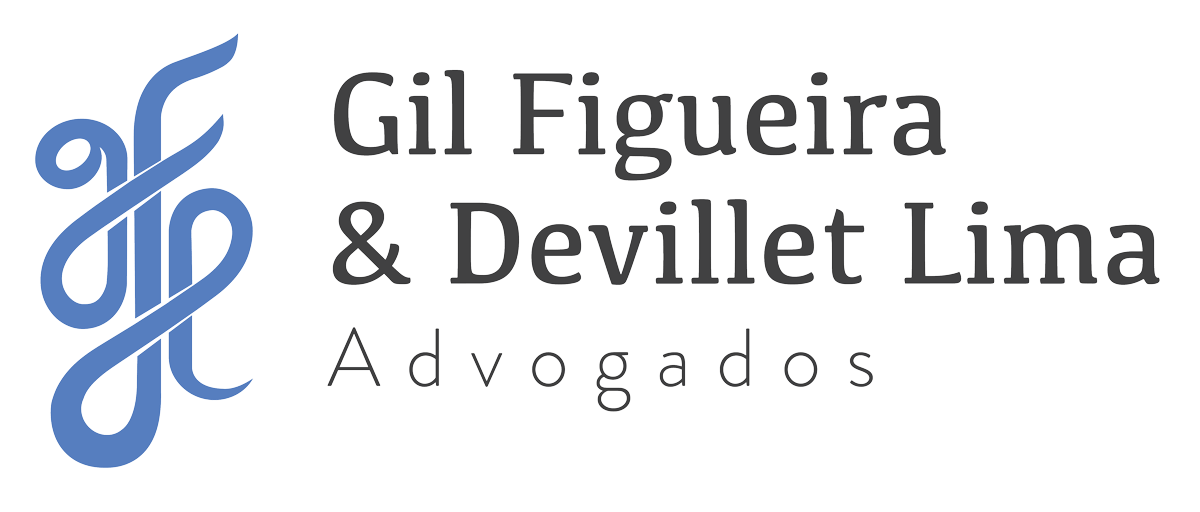Non habitual residency
The Personal Income Tax regime for new inbounds.
If you are interested in:
- Moving to Portugal
- Tax exemptions in Portugal
- Non habitual residency
- Personal Income Taxation
Other languages
The regime
Over the last decade, Portugal has become a target for foreign investment, a prime location to do business and for high-net-worth individuals to live in.
It is a perfect balance between attractive investment opportunities for all types of investors while still maintaining one of the lowest costs of living in Western Europe.
Additionally, a special tax regime for inbounds was designed to offer attractive tax saving opportunities to value added professionals, entrepreneurs and investors who want to reside and do business in or from Portugal.
This program has been incredibly successful as it benefits all parties involved. Many of our clients are extremely happy with the current win-win situation they are benefiting from.
Whether due to favorable tax benefits, safer environment to live in or its strategic location, in recent years many of our clients that were previously benefiting from similar programs have relocated to Portugal.
We work in partnership with local firms in several jurisdictions in order to ensure a full service to our clients, complying with all relevant procedures in transferring tax residency from one country to the other.
The requirements
This regime is available to any individual who was not a Portuguese tax resident in the previous five years prior to moving to and becoming a tax resident in Portugal.
Like in most countries worldwide, tax residency in Portugal is enforced on individuals that stay within its territory for more than 183 days in a fiscal year. Other residency tests are available.
The regime is applicable for a period of 10 years.
The benefits
The regime provides attractive tax saving opportunities to value added professionals, entrepreneurs and investors who want to reside and do business in or from Portugal.
In contrast to the taxation regime of ordinary residents, the non-habitual residency regime provides special exemptions and tax rate caps.
Tax exemptions exist for specific types of income, mainly passive income such as dividends and interest.
As a rule, foreign source income will be tax exempt in Portugal if it was taxed at source (regardless of the rate) or might have been taxed at source according to the applicable Treaty to Avoid Double Taxation.
In specific scenarios, the regime allows for the non-taxation of pensions both in Portugal and in the source country. Restrictions apply for new applicants.
Employees, self-employed individuals and companies
Portuguese source employment and self-employment income derived from high value-added activities of a scientific, artistic or technical nature are taxed at a 20% rate.
High value-added activities include:
- General directors and executive managers of companies
- Directors of administrative and commercial services
- Directors of production and specialized services
- Directors of hotel, restaurant, commercial and other services
- Specialists working in physics, mathematics, engineering and similar technical fields;
- Physicians, Medical Doctors, Dentists and Stomatologists
- Professors at Universities and higher learning establishments
- Specialists in information and communication technologies
- Authors, journalists and linguists
- Creative artists and performing artists
- Intermediate level science and engineering technicians and professionals
- Information and communication technologies technicians
- Market-oriented farmers and qualified agricultural and livestock workers
- Market-oriented qualified forestry, fisheries and hunting workers
- Qualified industrial, construction workers and craftsmen, including qualified workers in the fields
- of metallurgy, metalworking, food processing, wood crafting, clothing production, handicrafts,
- prints, manufacture of precision instruments, jewelers, artisans, electricity and electronic workers
- Operators of installations and machines and assembly workers, namely fixed installations and machinery operators
This regime presents several advantages for global companies that want to establish knowledge centers and R&D clusters in a tax efficient manner or for IT consultants to live in a whitelisted low tax jurisdiction in Europe.
Non-qualifying employment or self-employment income paid by a Portuguese source income will be taxed at the standard rates applicable to resident taxpayers.
As a rule, non-Portuguese employment income is exempt in Portugal if taxed abroad and self-employment income derived from a high value-added activity is taxed at 20%.
Investors
Foreign source investment (such as dividends and interest) income will be exempt in Portugal if such income may be liable to taxation in the country of source according with a Double Tax Treaty, which is the rule provided by most Tax Treaties signed by Portugal.
Portugal has entered into more than 70 Treaties to Avoid Double Taxation.
Pensioners
Pensioners may benefit from tax savings or tax exemptions in Portugal and/or in the State of source regarding pension income.
New amendments to the law have been enacted in 2020, introducing a 10% tax for pensions. Non-habitual residents who already qualified, will benefit from the old regime – 0% tax on pensions. For more information see read our article here.
As a general rule, the legal provisions applicable to private pensions (non-Governmental service pensions) paid to non-habitual residents allow for nil taxation both in the State of Source and in Portugal.
There is no wealth tax and remittance of funds is tax-free. As no inheritance tax is levied and there is no gift tax on donations made to family members, Portugal is also a great jurisdiction to avoid a decrease in estate value through tax leakage.
We advise you to secure your benefits as soon as possible.




